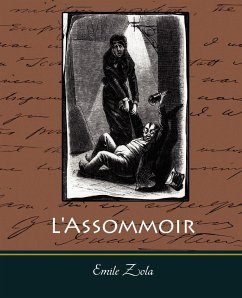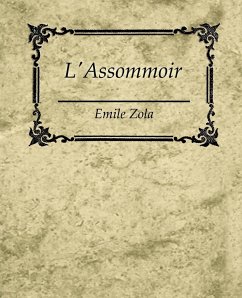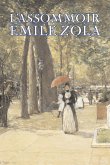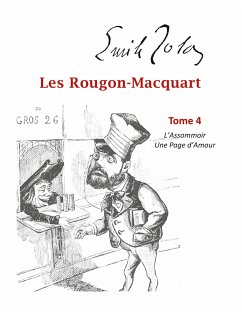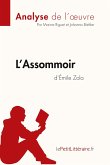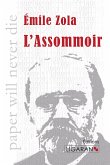The seventh novel in the Rougon-Macquart cycle, L'Assommoir (1877), is the story of a woman's struggle for happiness in working-class Paris. It was a contemporary bestseller, outraged conservative critics, and launched a passionate debate about the legitimate scope of modern literature. At the centre of the novel stands Gervaise, who starts her own laundry and for a time makes a success of it. But her husband Coupeau squanders her earnings in the Assommoir, the local drinking shop, and gradually the pair sink into poverty and squalor. L'Assommoir is the most finely crafted of Zola's novels, and this new translation captures not only the brutality but also the pathos of its characters' lives. This book is a powerful indictment of nineteenth-century social conditions, and the Introduction examines its relation to politics and art as well as its explosive effect on the literary scene.
Hinweis: Dieser Artikel kann nur an eine deutsche Lieferadresse ausgeliefert werden.
Hinweis: Dieser Artikel kann nur an eine deutsche Lieferadresse ausgeliefert werden.

